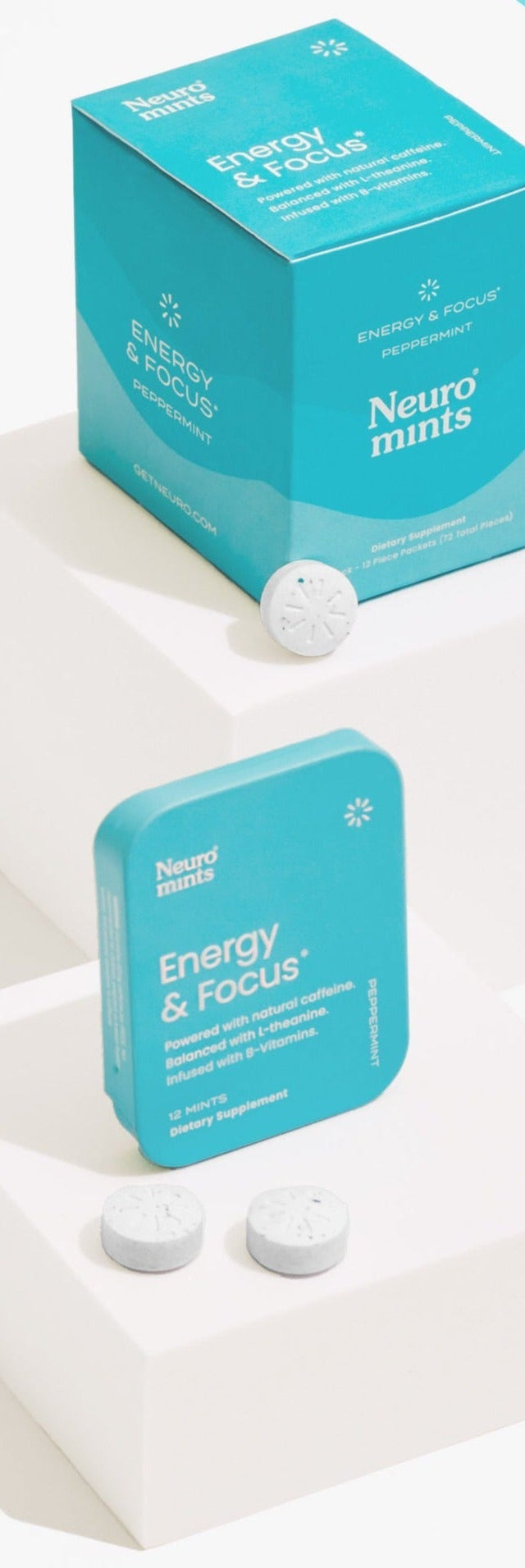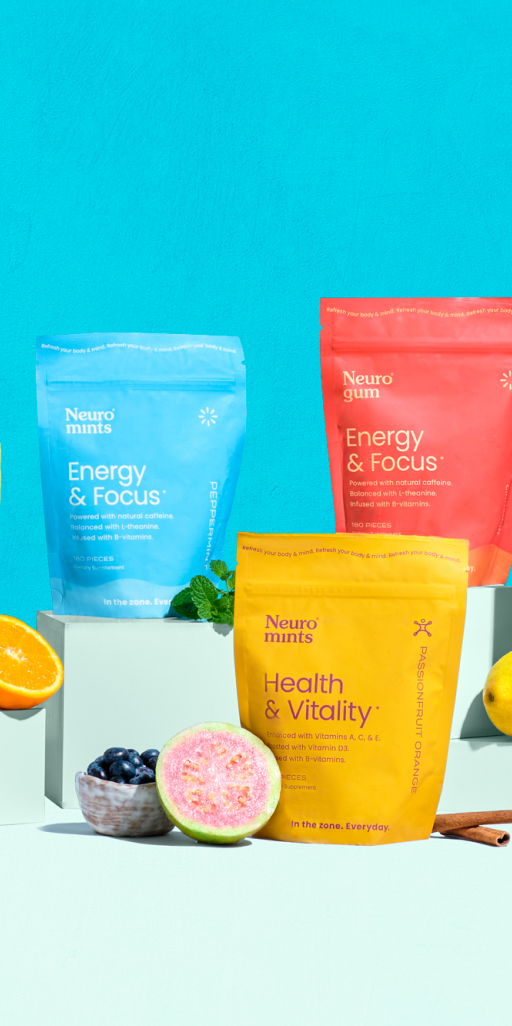Sugar. It has a lot names, a lot of derivatives, a lot of negative effects on your body, and it’s in a lot of foods. Sugar is such a common substance in packaged foods that we have come to accept it as a completely normal part of our diet.

I’m not going to mince my words: a vast majority of Americans are totally addicted to sugar. Although there is more information doing the rounds on its negative effects, are enough of us (aside from obsessive dieters) doing the math on our daily intake? Lots of people also rely on it for an energy boost, albeit a short-lived one.
Sugar is very difficult to avoid, even if you’re trying to. If you’re not making all your meals from scratch, you’re probably regularly consuming convenience foods. So unless you’re reading every label and you’re clued up about names, you’re going to be consuming quite a lot of sugar. Then there are all those sugars we throw into coffees and teas… it all adds up.
Since when was a toxin a treat?
Since there was big money to be made from the idea, probably. Our associations can be dangerous; because we have been conditioned to view this toxin as a treat or a reward, this is the idea we are inadvertently passing on to our children.
Of course the taste is this idea’s biggest ally, but we shouldn’t take these things at face value if we care about our health. When we casually use these ‘treats’ as bribes to get misbehaving kids to do our bidding, we should know that we are risking setting them up for sickness in later life.
It’s not all about the visits to the dentist or the gym, either. This substance is quite rightly becoming recognized as a toxin, so it’s time we started being honest with ourselves about our sugar intake and its implications.
Sugar is scarily addictive

Sugar is said to be one of the most addictive substances available to us, in fact. There’s a physiological reason why we’re so easily hooked: an average American diet contains ten times more sugar than other additives, and the chemical reaction in the brain is the same as that experienced by class A drug addicts.
When we eat sugar, the neurotransmitter dopamine is released, as well as hormones that tell your body to store the memory of the pleasant taste for future reference. The next glimpse of a colorful, shiny packet on a shelf should be enough to trigger that memory.
Over time, the dopamine receptivity in the brain will be diminished, and the dopamine’s transporting proteins inhibited. This is what causes stronger cravings, and bigger amounts are needed to get the same ‘buzz’.
You’ll know about it when you try to stop

Sugar withdrawal is no laughing matter. In the same way that coming off coffee can make you feel like a grumpy, lethargic, wannabe serial killer, sugar addiction brings its own set of problems to the table.
Addicts can get bodily tremors, mood swings, headaches, lethargy, demotivation, anxiety, depressive feelings and more. Some studies have concluded that withdrawal can lead to impulsivity, which is probably not a good thing when combined with the states I just mentioned.
Have you ever tried going cold turkey on sugar? Your body can get unbearably naggy for a good couple of weeks. After that point, if you’ve been militant, you’ll probably get a break from the cravings. The more you’ve been consuming, the longer it can take to get off it, but it’s usually a maximum of around forty days.

Remember: one false move and sugar will drag you straight back into its cloying embrace. Those with comfort eating issues are likely to fall at the first hurdle, and another problem can be compensatory eating: i.e. gorging on carbs in an attempt to snuff out sugar cravings. This fails because the excess carbs convert to sugar!
Sugar is killing us

So what is all this sugar is doing to our bodies, and why it is necessary to put ourselves through the nasty withdrawal period? Here’s a snap shot of the main conditions typically caused by refined sugar consumption:
Diabetes is a serious problem, and candidiasis (chronic candida infection), although not quite as well known, is also a problem of endemic proportions. Candida yeast feeds mainly on sugar, then turns into fungus that grows in various places in the body… including the brain. This leads to a disturbing number of symptoms and health problems if left unchecked.
It can take a huge effort to overcome it, but that effort is imperative if you are not to be plagued by ill health and disease.
Some sugars are better than others

Refined sugar and its derivatives are the bad guys. High fructose corn syrup is one such damaging substance found in lots of everyday products, including sodas, cereal and yogurt.
Synthetic sweeteners are not a good sugar substitute. They’re usually in products like diet drinks and commercial chewing gums, and they cause serious diseases like Parkinson’s, Alzheimer’s, and other neurological conditions. They should be carefully researched, as they are addictive and the conditions they cause are alarming. They can also worsen sugar cravings. Some common ones are aspartame, neotame, sucralose, acesulfame, and saccharine, but some just go by brand names too.

The long-chain sugars in fruit are much better for your health, but if you have a candida problem, even these will need to be avoided for a while. Go for natural sweeteners like stevia, agave, rice syrup, yacon syrup or raw honey, if you can. Some are better than others, and these too should be consumed in moderation.
Americans would do well to make sure that their food choices are informed, and label checking should be standard practice, Coming off sugar will do wonders for your health and vitality, and there are so many ways to enjoy more genuine treats with a bit of education and some healthy substitutes. Nobody wants to have to deal with diabetes, candida, heart disease, or obesity. Far better to nip them in the bud before they start.
This post was written by Caroline Knight, a Freelance Writer based in the UK. Caroline previously worked in nutrition and now runs healing retreats in Europe, alongside fulfilling her love of writing about everything from business to philosophy and transformation of consciousness.
Hi! We’re Team Neuro, aficionados of all things brain-related, from creativity to working out. With backgrounds in art, science, and athletics, we love delving into all the potentials of the human body. We also created the world’s first nootropic energy gum, made help you optimize your mind — anywhere, anytime. Find out more here.




























